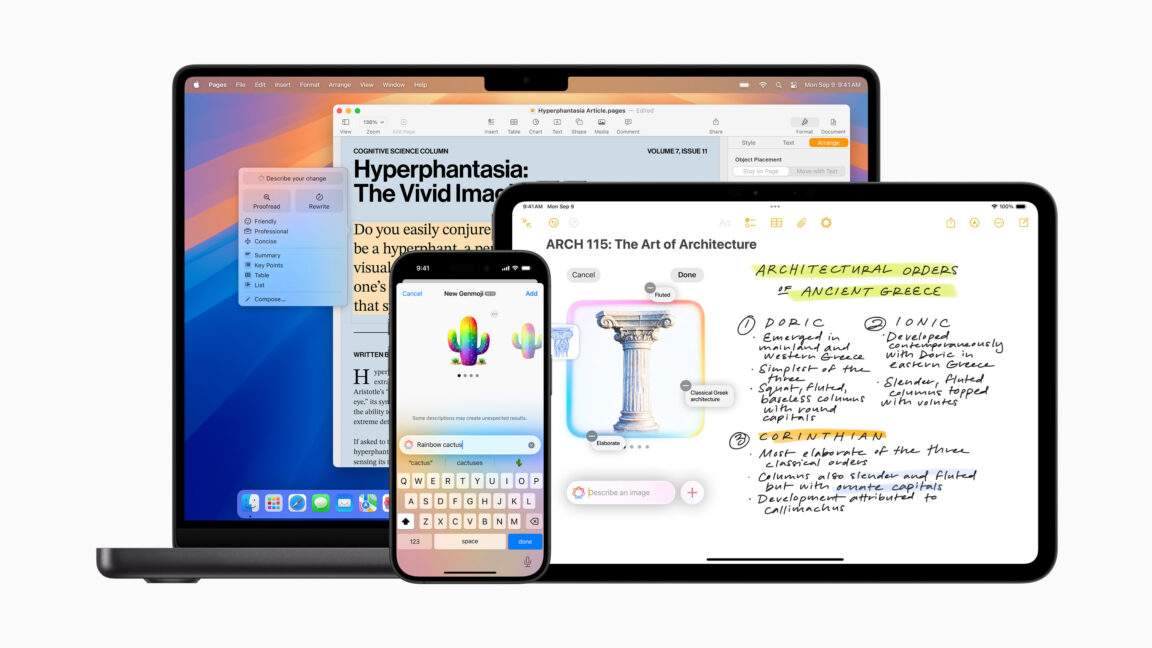Tim Cook Reveals Next-Gen Siri Progress Ahead of 2026 Launch

Tim Cook on Next-Generation Siri Progress
Apple CEO Tim Cook recently provided an update on the development of the next-generation Siri, confirming that progress is steady and the launch remains on track for 2026. This revamped Siri will be more personalized, leveraging deeper app integration and improved contextual understanding to offer a smarter assistant experience. Cook emphasized the ongoing efforts to enhance Siri’s AI capabilities while maintaining user privacy through Apple's Private Cloud Compute system.
Enhanced Features and AI Integration
The upcoming Siri iteration aims to understand personal context better, such as accessing flight details or reservations from emails and messages, making interactions more seamless. Apple is also expanding partnerships with AI providers, including integrating ChatGPT-like models, to enrich Siri’s intelligence. This next-gen Siri is expected to debut with iOS 26.4, bringing more on-device processing power and sophisticated AI models that improve responsiveness and privacy.
Looking Ahead
Despite delays, Apple remains committed to delivering a competitive AI assistant. Cook highlighted ongoing investments in AI infrastructure and openness to acquisitions that could accelerate Siri’s evolution, signaling a strong focus on AI as a key factor in future device appeal.
About the People Mentioned
Tim Cook
Tim Cook, born November 1, 1960, in Mobile or Robertsdale, Alabama, is an American business executive and the chief executive officer (CEO) of Apple Inc. since August 2011, succeeding co-founder Steve Jobs.[1][3][5] He holds a bachelor's degree in industrial engineering from Auburn University (1982) and an MBA from Duke University's Fuqua School of Business.[3][7] Cook began his career at IBM (1982-1994), followed by roles at Intelligent Electronics and Compaq (1994-1997).[3][6][7] He joined Apple in March 1998 as senior vice president of worldwide operations during a period of financial distress, where he streamlined the supply chain, slashing inventory from 30 days to 6 days and enabling profitability.[1][2][4] Promoted to executive vice president of worldwide sales and operations in 2002, he became chief operating officer (COO) in 2005, overseeing global sales, supply chain, and the Macintosh division while serving as interim CEO during Jobs's medical leaves.[1][3][4][5] As CEO, Cook has driven Apple's expansion beyond hardware, launching the Apple Watch (2015), AirPods (2016), and services like Apple Music, Apple TV+, Apple Pay, and iCloud subscription bundles.[1][2][7] He spearheaded the 2014 Beats acquisition, emphasized privacy as a core strategy, advanced environmental goals including carbon neutrality and recycled materials, and introduced proprietary Apple silicon chips in 2020 for greater production control.[1][2] Under his leadership, Apple achieved unprecedented growth, becoming the world's first trillion-dollar company.[8] Cook serves on Apple's board of directors and is recognized for operational expertise, philanthropy, social justice advocacy, and environmental commitment.[3][4] His methodical style has sustained innovation while broadening markets in regions like China and India.[2][3]
About the Organizations Mentioned
Apple
Apple Inc. is a leading American multinational technology company known for pioneering personal computing, mobile devices, and software ecosystems. Founded in 1976 by Steve Jobs and Steve Wozniak, Apple revolutionized technology with the first commercially successful personal computer and mainstream adoption of the graphical user interface (GUI), setting new standards in product design, user experience, and seamless integration across devices[2]. Headquartered in Cupertino, California, Apple’s product lineup includes the iPhone, iPad, Mac computers, Apple Watch, AirPods, and services such as the App Store, Apple Music, and iCloud. The company has built a vast ecosystem that enables third-party developers to expand product functionalities, strengthening its market dominance. Apple is widely recognized for its innovation in hardware, software, and services, with an emphasis on aesthetics and privacy. In 2025, Apple committed to its largest-ever investment initiative, pledging $600 billion over four years in the United States to boost manufacturing, research and development, and advanced technology sectors like artificial intelligence (AI) and silicon engineering[1][3]. This includes new manufacturing facilities, expanded R&D centers, and a program called the American Manufacturing Program (AMP) to encourage domestic production of critical components. These efforts support over 450,000 U.S. jobs and aim to establish a robust supply chain within the country[3]. Financially, Apple remains a powerhouse with a market capitalization of $3.84 trillion and annual revenue exceeding $400 billion. However, in 2025, it faced challenges including a 19% decline in stock value, intensified regulatory scrutiny from the U.S. Department of Justice over antitrust issues, legal disputes related to the App Store, and competitive pressure in AI technology[1][2]. Despite these hurdles, Apple continues to innovate, recently updating its software platforms with a unified "Liquid Glass" design and expanding its AI-driven personal assistant, Apple Intelligence[1]. Under CEO Tim Cook’s leadership, Apple balances technological advancement
















